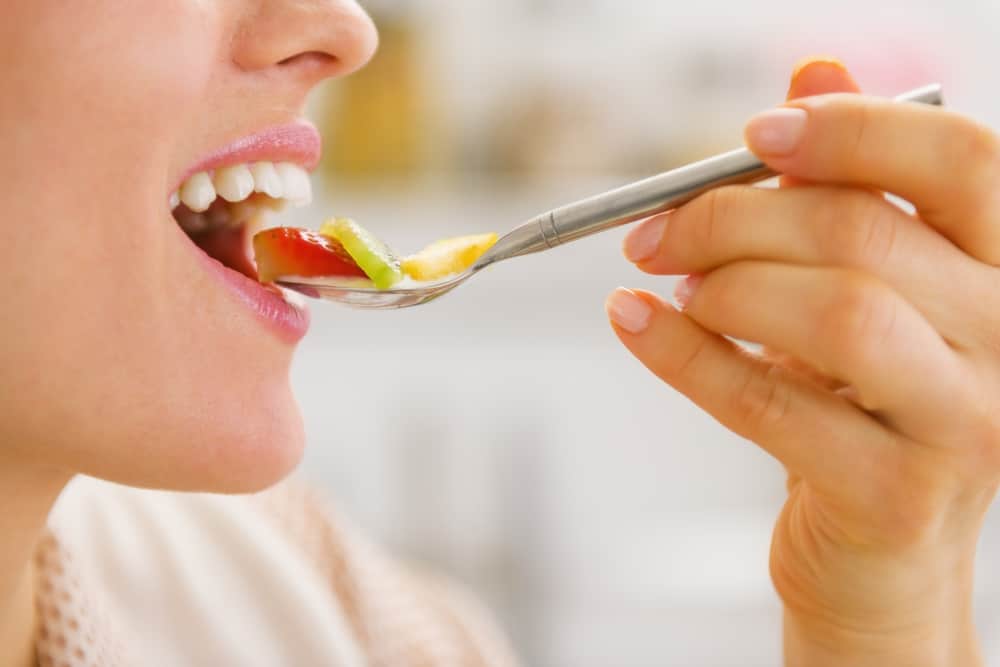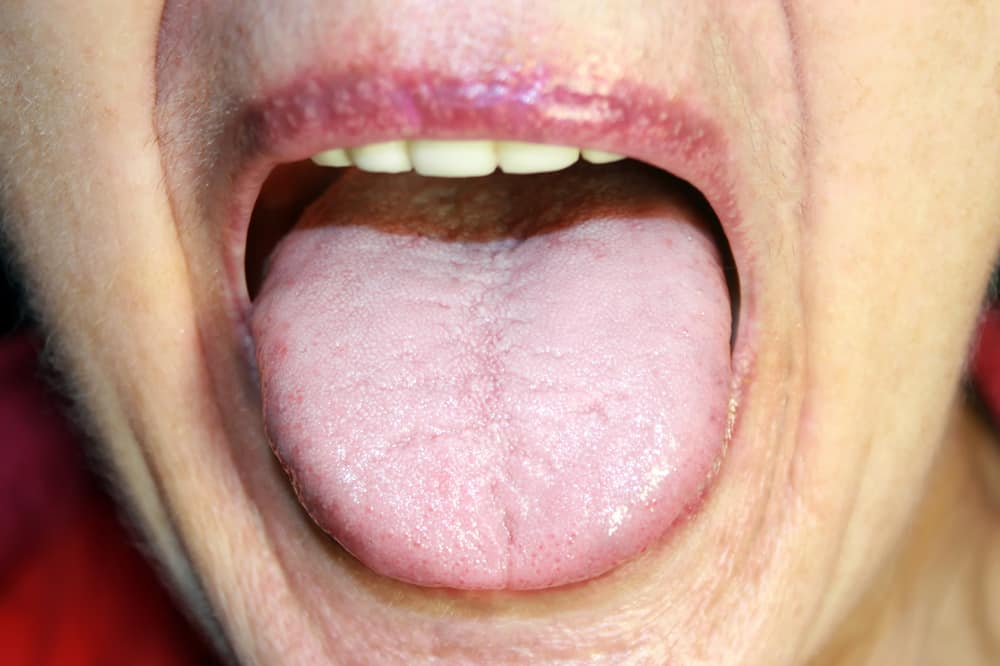Contents:
- Medical Video: Lifestyle Adaptations for Transplant Patients
- You need proper nutrition to help heal your heart
- You need to exercise regularly
- Changes in sex life
- Your emotions may go up and down
- Pregnancy may experience complications
Medical Video: Lifestyle Adaptations for Transplant Patients
After a liver transplant, your life will be more challenging. By taking immunosuppressive drugs, you are at risk of infection and other health problems. You need to adapt to new lifestyle changes and better habits to protect your body and make sure your new liver works properly. So, what are the changes in your lifestyle?
You need proper nutrition to help heal your heart
You must follow a healthy diet and avoid fast food to quickly restore your health. Your diet must consist of fruits, vegetables, whole grains, low fat and dairy products. In addition, you must provide enough protein for your body from lean meat, poultry, fish and eggs and must be low in salt, sugar, trans fat and saturated fat.
However, you should talk to a transplant surgeon or nutritionist about your diet after a liver transplant to ensure that it is a program that is suitable for your health recovery.
You need to exercise regularly
It's important to discuss with your doctor about a plan for a regular exercise that is right for you. That's because exercise and other physical activities can help restore your health. Activity makes you feel better and can help control stress. On the other hand, it can also help you maintain the right weight and prevent bone disease.
Every physical activity that you can do will be beneficial. Walking, swimming, riding a bicycle, lifting weights, playing golf or tennis, participating in yoga classes or even doing housework including as a sport! But remember not to do any activity excessively because it can have a negative effect on you.
Changes in sex life
There are some notes that you must follow when you have sex after a liver transplant. After transplantation, both in men and women, slowly the desire and ability to have sex will return. When you are ready to have sex after a transplant depends on how you feel. It's better to talk to your doctor about the precautions you need to take to avoid opening wounds or hurting your new heart. When you already have enough knowledge, you only have to have sex when you feel ready to engage in sexual activity. Remember to always use protection to avoid the risk of contracting sexually transmitted diseases.
Here are some tips about safe sex:
- Have sex with one partner (monogamous relationship).
- Clean your genitals before and after sex.
- Use latex condoms with spermicide.
- Never have sex with people who have wounds, rashes, or odors from their sex organs.
- Avoid anal sex.
Your emotions may go up and down
The transplant process can be a very difficult emotional experience. Some transplant recipients experience emotional difficulties and more stress after transplantation because they learn to cope with changes in their lives. In the early months after a transplant, you can experience various emotions including anger, frustration, guilt, and depression. Try to relax and balance your life with positive thoughts and spend more time with your family and loved ones. This can help you overcome this difficult time.
Pregnancy may experience complications
During the first two years, liver transplant patients are at a high risk of complications due to high drug dosages, so it is not recommended to get pregnant. In the first two years, women who do liver transplants have a high risk of preterm delivery or have babies with low birth weight and other problems. However, there are many women who have given birth to healthy babies even though they have to undergo a liver transplant. If you want to get pregnant, you should discuss it with your doctor before making a decision.
There are many things you have to do after you have a new heart. But don't forget your problem. It may be difficult for you, but you must do it for the health and happiness of your family. So, be patient and stay positive.












